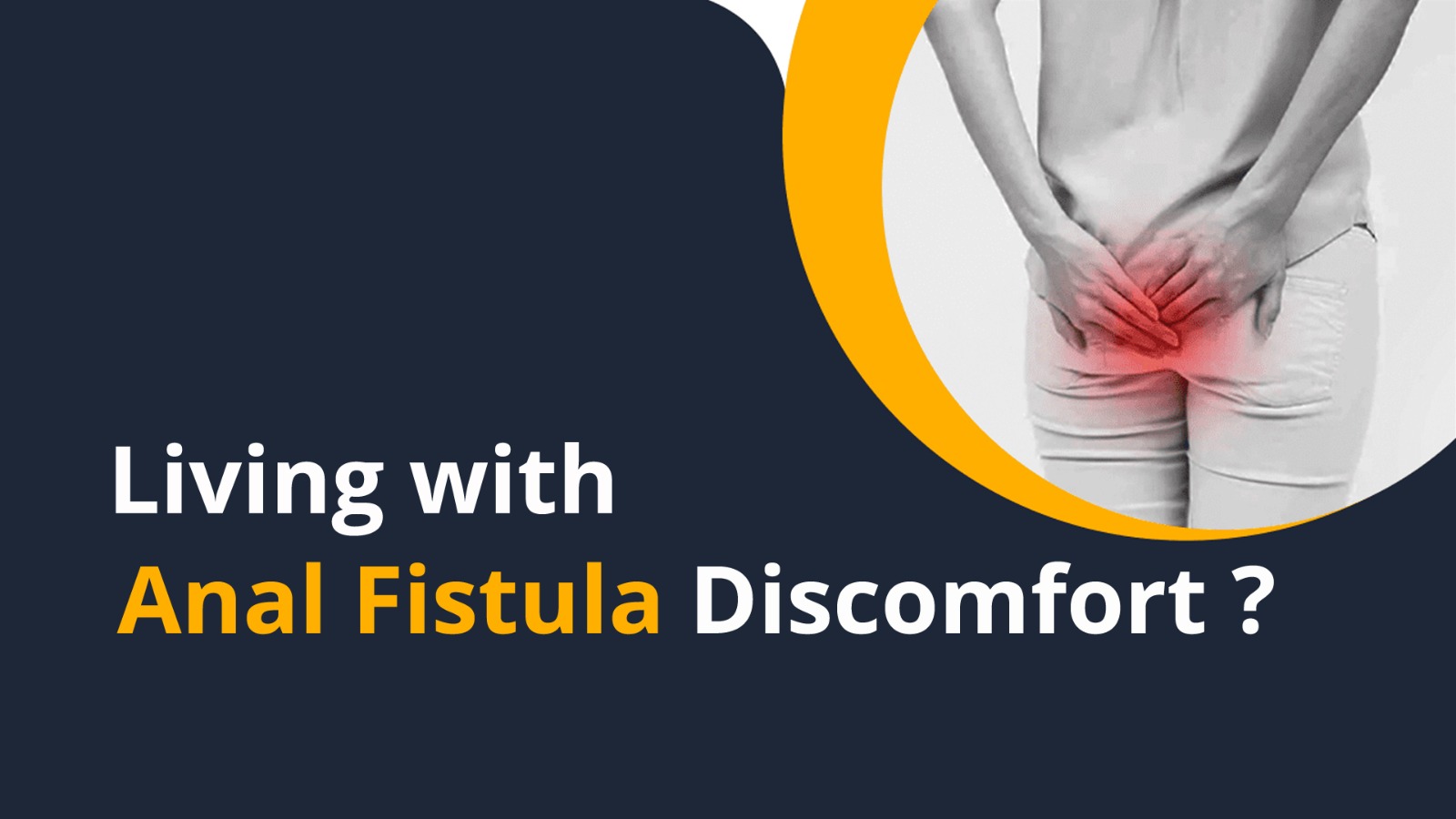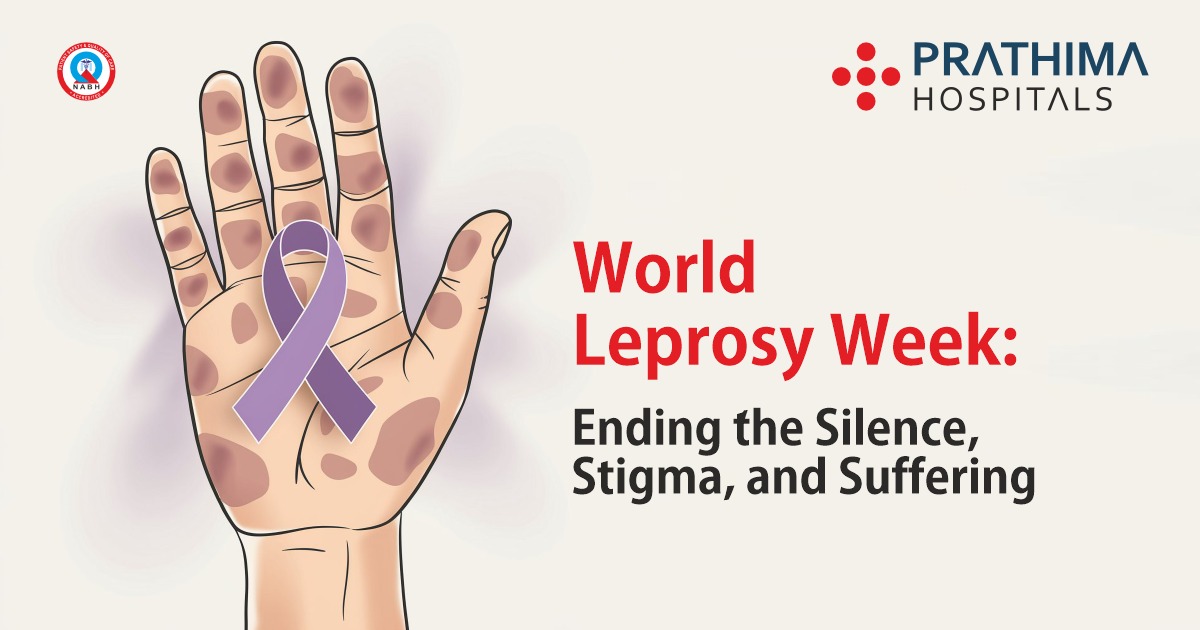Anal Fistula Discomfort – Causes, Symptoms & Treatments

Anal Fistula Discomforts
Introduction:
An anal fistula is a common condition that affects the anal region, causing discomfort and pain for individuals. It occurs as a result of an abnormal connection or tunnel that forms between the inner lining of the anus or rectum and the skin surrounding the anal area. According to the Best Gastroenterologist in Hyderabad, this connection allows the passage of infected fluids, leading to recurring abscesses and persistent pain. In this article, we will delve into the causes, symptoms, and treatment options available for anal fistulas, providing a comprehensive understanding of this condition.
Causes of Anal Fistula:
Anal fistulas are usually caused by an infection in an anal gland that fails to heal properly. The infection can arise from various sources, including:
- Anal Abscess: An anal abscess is a painful collection of pus that forms near the anus or rectum. It typically occurs when the anal glands, which are small glands located inside the anus, become blocked and infected. If an abscess is not adequately drained or treated, it can progress into an anal fistula. The infection within the abscess can create a pathway for the formation of the abnormal connection.
- Inflammatory Bowel Disease (IBD): Inflammatory bowel diseases, such as Crohn’s disease and ulcerative colitis, are chronic conditions characterized by inflammation and damage to the gastrointestinal tract. Individuals with Crohn’s disease are particularly prone to developing anal fistulas. The chronic inflammation associated with IBD can lead to the formation of fistulas by weakening the tissues in the anal area. In some cases, the inflammation extends from the intestine to the anal region, resulting in the development of fistulas.
- Infection after Surgery: Certain surgical procedures performed in the anal or rectal region, such as hemorrhoidectomy or fistulotomy, may increase the risk of developing anal fistulas. Infections can occur as a complication of surgery, especially if the wound does not heal properly or if there is inadequate drainage. These infections can lead to the formation of fistulas.
- Trauma: Injury or trauma to the anal area can also contribute to the development of anal fistulas. Numerous things, including the following, can result in trauma:
- Childbirth-related injury: In some cases, childbirth can cause tears or injury to the anal sphincter muscles, leading to the formation of fistulas.
- Anal intercourse: Engaging in anal intercourse without proper lubrication or precautions can result in tears or injury to the anal canal, increasing the risk of developing fistulas.
- Foreign bodies: The insertion of foreign objects into the anus can cause trauma and damage to the anal tissues, potentially leading to fistula formation.
Symptoms of Anal Fistula as said by the Best Gastroenterologist in Kukatpally:
The symptoms of an anal fistula can vary depending on the location and complexity of the fistula. Common signs and symptoms include:
- Persistent Pain: One of the primary symptoms of an anal fistula is persistent pain around the anus. The pain is often described as throbbing, sharp, or a constant dull ache. The intensity of the pain may vary, but it tends to worsen during bowel movements or when pressure is applied to the area. The pain is typically localized near the opening of the fistula.
- Discharge of Pus or Blood: An anal fistula often results in the discharge of pus or blood from an opening near the anus. The discharge may appear as a yellowish or foul-smelling fluid. The discharge can be intermittent, occurring spontaneously or after bowel movements. The presence of pus or blood in the anal area is a common sign of infection and inflammation.
- Itching and Discomfort: Individuals with anal fistulas may experience itching and discomfort in the anal region. The constant drainage of fluids from the fistula can irritate the surrounding skin, leading to itching and a general sense of discomfort. This can further contribute to the inflammation and discomfort associated with the condition.
- Swelling and Tenderness: The area surrounding the fistula may become swollen and tender to the touch. The inflammation caused by the infection can lead to redness, warmth, and increased sensitivity in the affected area. The swelling and tenderness may fluctuate depending on the severity of the infection and the presence of abscesses.
- Recurring Abscesses: Anal fistulas are often associated with recurring abscesses. An abscess is a painful collection of pus that forms as a result of an infection. If the underlying infection is not effectively treated or the fistula is not completely healed, abscesses can develop, leading to recurrent episodes of pain, swelling, and discharge.
Diagnosis and Treatment Options:
To diagnose an anal fistula, a Best Gastroenterologist in Kukatpally, will typically conduct a physical examination of the affected area and inquire about the patient’s medical history. Additional tests, such as an anoscopy or an ultrasound, may be performed to assess the extent and location of the fistula.
Once diagnosed, several treatment options are available for anal fistulas, including:
- Fistulotomy: In this surgical therapy, the fistula is cut open and allowed to heal internally. A fistulotomy is often effective in treating simple and superficial fistulas.
- Seton placement: In cases where the fistula is complex or passes through a significant amount of anal sphincter muscle, a seton may be placed. A seton is a piece of thread or surgical material that is threaded through the fistula, promoting drainage and preventing closure. This procedure helps the fistula heal gradually.
- Fibrin glue injection: Fibrin glue, a special adhesive, can be injected into the fistula tract to seal it and encourage healing.
- Advancement flap procedure: In this surgical technique, a flap of healthy tissue is created near the fistula and then advanced to cover the opening, allowing the surrounding tissues to heal.
- LIFT procedure: The LIFT (Ligation of Intersphincteric Fistula Tract) procedure involves identifying and ligating the fistula tract, which helps in promoting healing and reducing the risk of recurrence.
- Medications: Antibiotics and anti-inflammatory medications may be prescribed to control infection, reduce inflammation, and alleviate symptoms associated with anal fistulas.
It is important to note that the choice of treatment depends on several factors, including the complexity and location of the fistula, as well as the patient’s overall health condition. The treating physician will determine the most appropriate treatment option for each individual case.
Complications and Prevention:
If left untreated, anal fistulas can lead to various complications, such as:
- Recurrence: Anal fistulas have a tendency to recur, especially if the underlying infection is not effectively treated or if the fistula is not completely healed.
- Incontinence: In some cases, surgical procedures to treat anal fistulas may damage the anal sphincter muscles, leading to faecal incontinence, which is the inability to control bowel movements.
To minimize the risk of developing anal fistulas or to prevent a recurrence, individuals can take certain preventive measures:
- Practice good anal hygiene: Maintaining good anal hygiene, including regular washing and proper cleansing after bowel movements, can help prevent infections and the formation of anal fistulas.
- Avoid constipation: Straining during bowel movements can put pressure on the anal area and increase the risk of developing anal fistulas. Consuming a fibre-rich diet, staying hydrated, and exercising regularly can help prevent constipation.
- Seek timely treatment for anal abscesses: If you develop an anal abscess, it is essential to seek medical attention promptly. Prompt treatment and appropriate drainage of the abscess can prevent the progression to an anal fistula.
Conclusion:
Anal fistulas are a common and often painful condition that can significantly impact an individual’s quality of life. Understanding the causes, symptoms, and available treatment options is crucial for timely diagnosis and effective management. Seeking medical attention at the earliest signs of anal fistula symptoms is important to prevent complications and promote healing.
With advancements in surgical techniques and a comprehensive approach to treatment, the Best Gastroenterologist in Kachiguda, can help individuals with anal fistulas find relief from their symptoms and achieve long-term healing. Additionally, maintaining good anal hygiene, preventing constipation, and addressing anal abscesses promptly can help reduce the risk of developing anal fistulas or experiencing recurrences. If you suspect you may have an anal fistula or are experiencing related symptoms, it is advisable to consult with a healthcare professional for an accurate diagnosis and appropriate treatment plan.
.
.
.
.
.
For more details:
📞:: 733 733 6600 | 040 4345 4345
🌐:: https://prathimahospitals.com/book-appointment/






Warning: Undefined variable $req in /home/u885608126/domains/prathimahospitals.com/public_html/wp-content/themes/prathimahospitals/functions.php on line 294
Warning: Undefined variable $commenter in /home/u885608126/domains/prathimahospitals.com/public_html/wp-content/themes/prathimahospitals/functions.php on line 295
Warning: Trying to access array offset on value of type null in /home/u885608126/domains/prathimahospitals.com/public_html/wp-content/themes/prathimahospitals/functions.php on line 295
Warning: Undefined variable $aria_req in /home/u885608126/domains/prathimahospitals.com/public_html/wp-content/themes/prathimahospitals/functions.php on line 295
Warning: Undefined variable $req in /home/u885608126/domains/prathimahospitals.com/public_html/wp-content/themes/prathimahospitals/functions.php on line 298
Warning: Undefined variable $commenter in /home/u885608126/domains/prathimahospitals.com/public_html/wp-content/themes/prathimahospitals/functions.php on line 299
Warning: Trying to access array offset on value of type null in /home/u885608126/domains/prathimahospitals.com/public_html/wp-content/themes/prathimahospitals/functions.php on line 299
Warning: Undefined variable $aria_req in /home/u885608126/domains/prathimahospitals.com/public_html/wp-content/themes/prathimahospitals/functions.php on line 300
Warning: Undefined variable $commenter in /home/u885608126/domains/prathimahospitals.com/public_html/wp-content/themes/prathimahospitals/functions.php on line 303
Warning: Trying to access array offset on value of type null in /home/u885608126/domains/prathimahospitals.com/public_html/wp-content/themes/prathimahospitals/functions.php on line 303